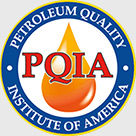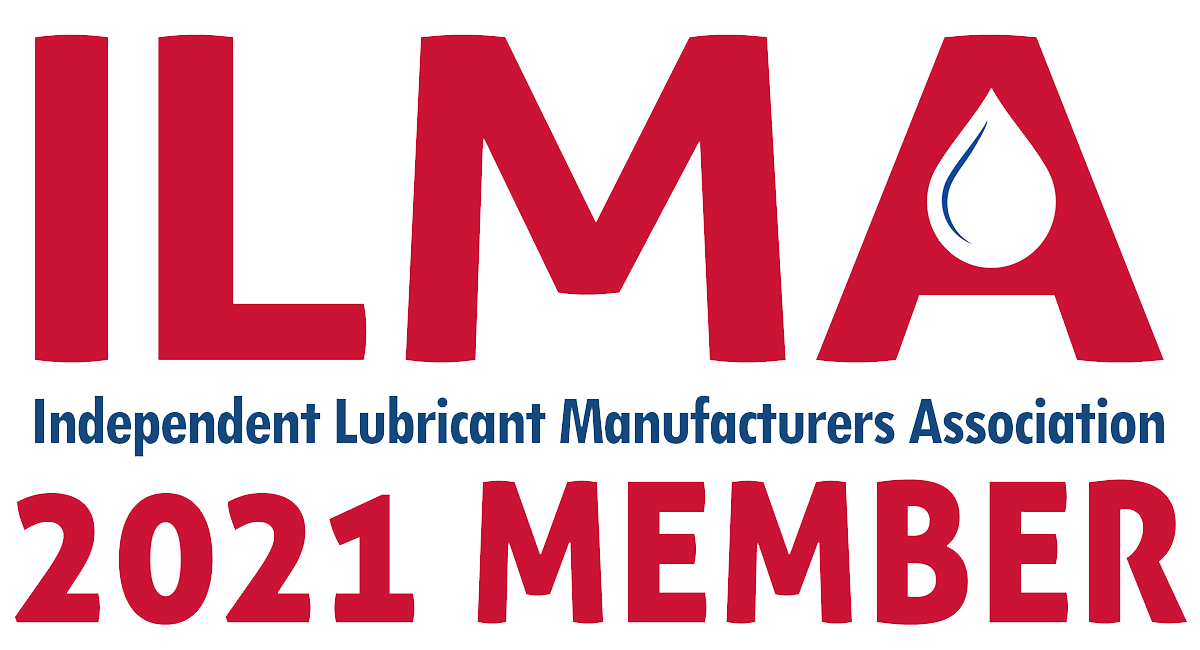While repairs are one of the biggest expense drivers for fleet managers and owners, licensing costs can also add up quickly and eat into the bottom line.
Keeping on top of all the laws and standards that fleets must adhere to is a huge challenge. The National Highway Traffic Safety Administration (NHTSA), Department of Transportation (DOT), Federal Motor Vehicle Safety Standards (FMVSS) and Occupational Safety and Health Administration (OSHA) all have rules and regulations fleet managers must consider. Add in local and state regulations and it can quickly become overwhelming.
Related: Controlling Fleet Costs Starts with Minimizing Repairs
Many of the biggest administrative costs can’t be avoided entirely. They are often required to remain in compliance with the most basic rules and regulations. In recent years, states have taken steps to streamline processes for things like licensing, which can result in cost and time savings for fleet managers.
“Common administrative costs that can be reduced include relicensing,” George Survant, Senior Director of Fleet Relations for the NTEA, said. “Many states now offer online relicensing for fleet operators, which avoids having an employee bring a large batch of vehicle documents to the local DMV for processing.”
Some states even offer fleet licensing to further streamline the process. This allows fleet owners to avoid annual relicensing and avoid issues with credentials being out of date. It can help avoid fines while also reducing costs. In some cases, fleet vehicles can be registered permanently.
“Another opportunity is to take advantage of fleet licenses in the states where offered,” Survant said. “This allows the fleet operator to use one plate for several years without an annual sticker, which means they don’t have to touch the license plate each year.”
While taking advantage of government programs is helpful, fleet managers must also take steps within their own administrations to reduce costs. Creating detailed maintenance and inspection schedules allow for more oversight over both processes.
“Not have a systemic process for scheduling and tracking when a vehicle needs a state inspection is a missed opportunity,” Survant said. “They can be conducted coincident with scheduled routine maintenance.”
Change is a necessary part of any business and an important part of reducing costs. However, it is important to consider the potential ramifications of those changes and how they may impact regulatory compliance.
“All fleets need to be aware of and comply with NHTSA guidelines, along with OSHA, DOT and FMVSS requirements,” Survant said. “This is in addition to any local version of those agencies, such as state DOT and DMV requirements.”
Changes to safety protocol need to be followed especially closely.
“Any rule that significantly changes a safety procedure needs to be scrutinized carefully, as changes that are perceived to lessen safe vehicle operation can erode operator confidence,” Survant said. “In extreme instance, the fleet manager could be exposed to criminal penalties for ending or eliminating safety practices.”








